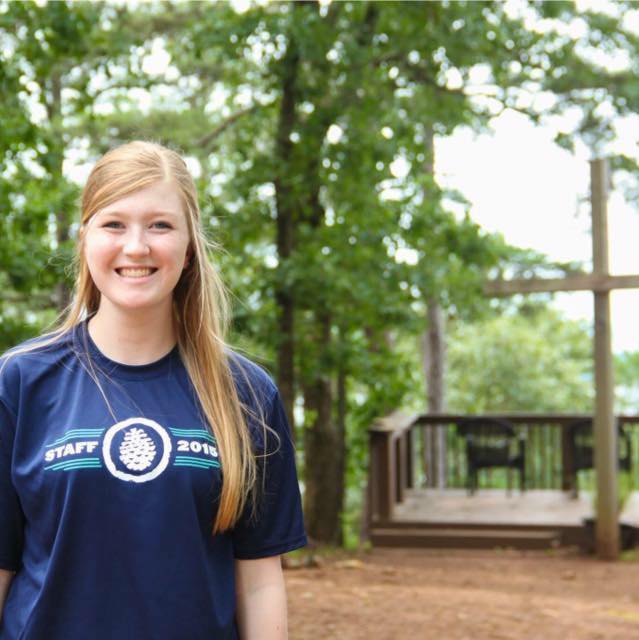![]()
Refugee simulation opens eyes
“Now look at your remaining cards.”
Lauren. Student. Music.
“Can someone give me a word to describe what you are feeling, right now?”
Terrified.
As the volunteer coordinator began this refugee simulation with our team, I thought it would simply be an activity to start more conversation or to hold our attention through the morning. We were asked to write down four activities we enjoyed, four roles in our lives, our four most valuable possessions, and the four most important people to us.
Yet after she gave us thirty seconds to throw away one of each, I felt panicked, saw distraught looks on my friends’ faces, and began to realize the weight of this activity. But it didn’t stop there. Next I wasn’t allowed to look at the cards, but still was forced to give up one possession, one part of my life, a piece of identity, and a member of my family. Finally, the volunteer coordinator came around to each of us at the table, any of the cards from us, crumpling it up, and tossing it into the trash can. She explained that this exercise represents the experiences of many who are forced to flee their homes.
Even as I write about this simulation, the emotions well up inside of me and are more powerful than any statistic, news article, or picture I have observed about refugees. I cannot imagine what I would feel or how I would survive if the pieces I was left with had been my reality that Monday morning. Yet, it is a reality for them. The people I met in Clarkston, Georgia faced loss, heartbreak, and trauma in their home countries. Only a few people are chosen to be resettled in the United States, and they still carry the weight of everything they have suffered while simultaneously trying to find peace in a new culture.
Clarkston was called the most ethnically diverse square mile in America by Time magazine and is home to many different organizations that seek to meet the needs of its community members, specifically refugees. Throughout the week, our team had the opportunity to participate in many of these activities, one of them being an afterschool program for children of refugees.
In the afterschool program, we spent our afternoons at one of the apartment complexes in the suburb of Atlanta. As we practiced a reading assignment together, one of the girls suddenly asked, “Do you know how to say that in MY language?” So I responded to the grinning six-year-old sitting across the table from me, “Can you teach me?” “You don’t say it right!” exclaimed the little girl from Burma, giggling at my attempt to say “You are pretty” in her own language.
Other girls patiently repeated the phrase as I kept practicing, and then they ran off to find more flowers to braid into each other’s hair. This afternoon was only one of the humbling and enriching moments I had with different cultures in Clarkston, Georgia over spring break.
Spangler is a senior family and human service major. She can be reached at SpanglerM@jbu.edu.





